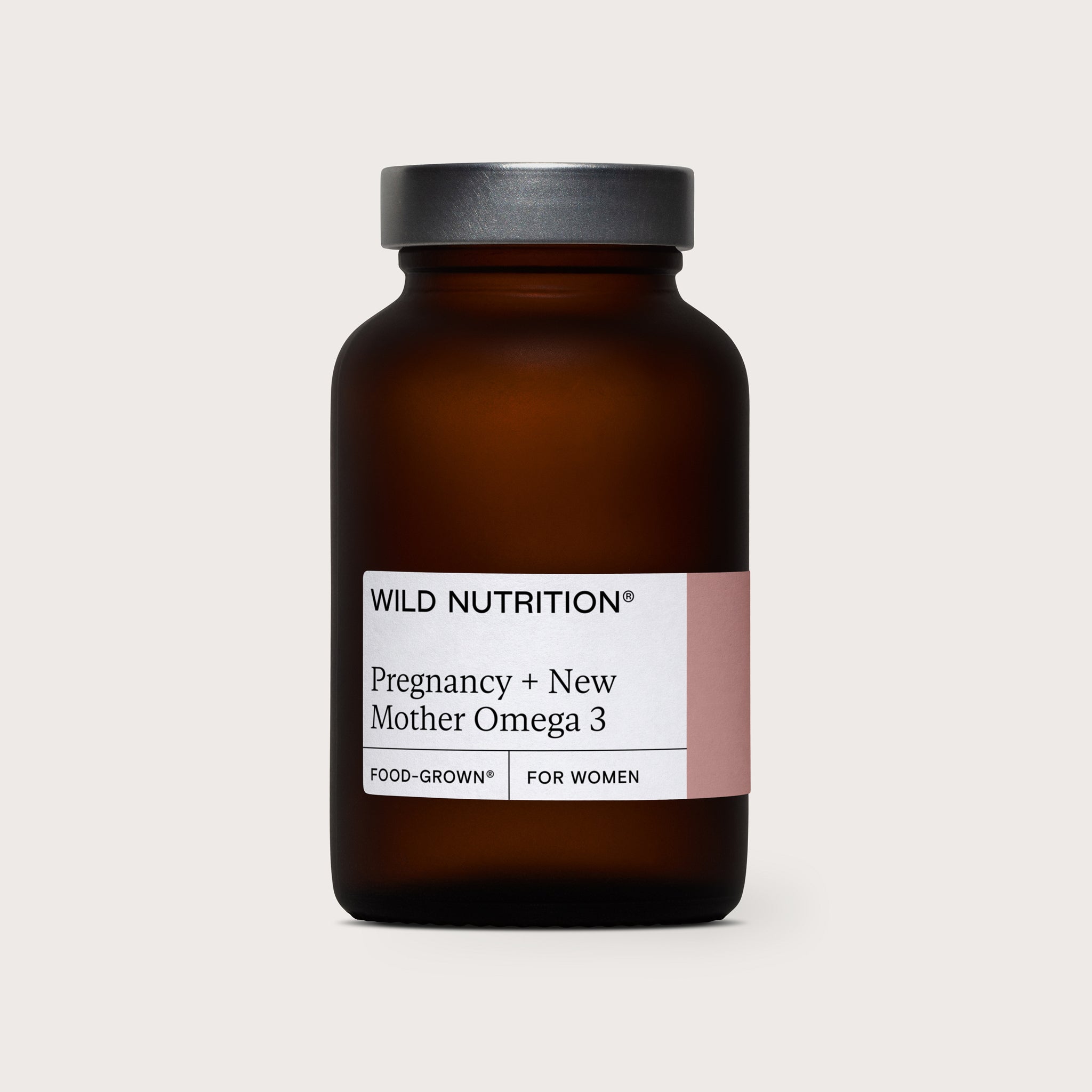
Endometriosis symptoms & how to speak to your doctor
As endometriosis experts, we understand that there are very real challenges in getting a diagnosis and it takes a long time - the average is 7.5 years. If you suspect issues with your health or menstrual cycle, we want you to feel empowered and better equipped to confidently speak to your doctor.
By our Practitioner Lead & Senior Nutritional Therapist, Lorna Driver-Davies
Diagnosis is not straightforward - there is no single blood test or scan that can fully reveal the condition. Instead, doctors combine official guidelines on symptoms and a case history, with the next step being medical scans. Scans can provide great insight into the condition but many women will require surgery - most commonly via keyhole surgery called a 'laparoscopy' - to diagnose and also treat (remove the endometriosis, as well as release organs and tissue stuck together called ‘adhesions’).
Therefore the place to begin is understanding the officially recognised list of symptoms:
- Chronic pelvic pain
- Period-related pain (dysmenorrhoea) affecting daily activities and quality of life
- Deep pain during or after sexual intercourse
- Period-related or cyclical gastrointestinal symptoms, in particular, painful bowel movements
- Period-related or cyclical urinary symptoms, in particular, blood in the urine or pain passing urine
- Infertility in association with one or more of the above
Other symptoms include:
- Fatigue and Chronic Fatigue
- Musculoskeletal discomfort and pain (including leg pain)
- Ovulation pain
- Very heavy menstrual flow that may disrupt normal life
- Abdominal bloating
- Low mood, anxiety or brain fog (lack of mental clarity)
- What feels like a low immune system: Susceptible to infection, slow to heal and feeling unwell before a period or during (even experiencing fever or chills)
We recommend making a diary of your symptoms, bearing in mind what the officially recognised symptoms are and what your doctor will be looking for. A diary is really helpful for your doctor to understand that symptoms may not be ‘one off'. A doctor will ask about the severity of your symptoms, which can sometimes be hard to explain as discomfort and pain can be relative. Therefore we recommend making a diary note if any of your symptoms prevented you from performing a task or functioning properly.
Make note of any medications or painkillers you might be using to cope with the symptoms and if you found relief from them or not. Many women with endometriosis experience pain that is not always relieved by painkillers and women may experience pain at different times of the month when not menstruating. This is not the time to be brave. Normal period pain or what is officially called dysmenorrhea is not supposed to be severe, get in the way of normal life or create pain-response symptoms such as fainting, nausea or even vomiting. Endometriosis pain can also impair your mental clarity - you can feel like you have brain fog or can’t think clearly. The pain can cause fatigue or even extreme exhaustion.
Record any use of antibiotics. It is common in endometriosis, to experience lots of infections that require treatment. This will help your doctor evaluate whether there is a link.
If you experience heavy menstrual flow, the doctor will want to know ‘how much’. So as part of your diary, include how many tampons or sanitary pads/period pants you need to use (and what type) or if you use a menstrual cup - you will have a more accurate idea of flow. Make a note if you leak through clothes or when sleeping.
Another reason diagnosis is lengthy is that symptoms can be ‘masked’ over the years. A classic example of this is undiagnosed endometriosis in a woman's teenage years. Since it's seen as bad period pain (and not understood to be endometriosis) the contraceptive pill is recommended. And so often women stay on the pill until they decide to conceive. They are suddenly now faced with symptoms they were not aware of for over 10-15+ years and this creates additional stress around the subject of fertility. This is why we are trying to change the narrative on menstrual health as a subject. If you know you are keen to conceive at some point in life, but you know your menstrual health is not great, then aim to give yourself plenty of time in advance of your ideal conception time, to take a deeper look at your menstrual and hormone health.
Since the 2020 ground-breaking parliamentary enquiry into endometriosis, the medical profession has been advised that they need to do much better. Women have not been listened to enough and sometimes the delay in diagnosis is directly attributed to doctors and hospital staff not understanding the condition well enough. Because of this, positively, endometriosis has become a more open subject, doctors also know they cannot dismiss it anymore as ‘bad period pain’. Therefore ‘stick to your guns’ as they say - if you feel in your gut something is not right then go to the doctor's appointment armed with your symptom diary. If you are visiting A & E (emergency ward of the hospital) then request to speak to a gynaecologist on duty rather than be only seen by a general emergency doctor. It might mean you wait longer, but the support you receive will be more specialised.
We also recommend bringing family, a partner or friend to your GP visit so that another person can actively contribute to explaining your symptoms. Endometriosis can begin in teenagers from their first periods, so it's worth keeping a diary at any age of menstruation if presenting unusual levels of discomfort to ensure quick recognition of the official endometriosis symptoms.
For further reading on endometriosis you can find a collection of blogs on site including Endometriosis Part 1: Nutrient deficiencies and Endometriosis Part 2: The link between sugar and the immune system. You can also speak with our expert team of Nutritional Therapists during a free nutrition advice call.












